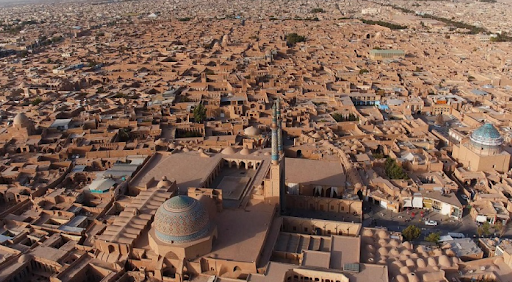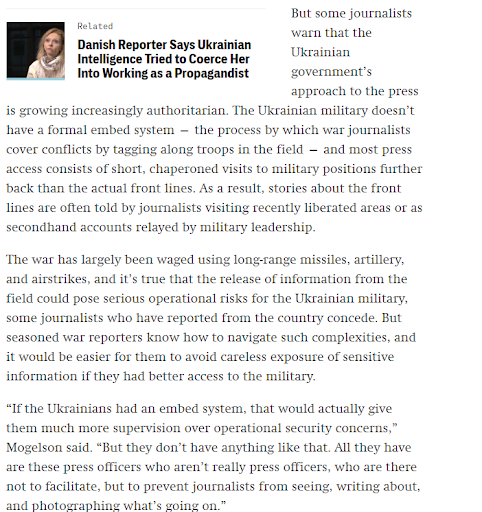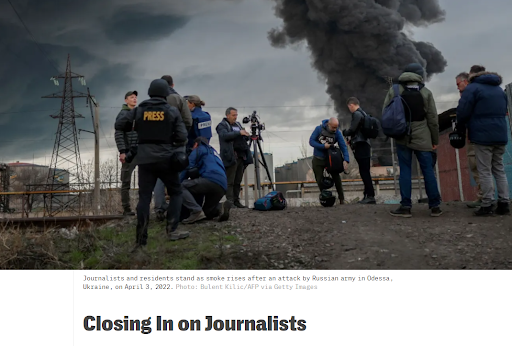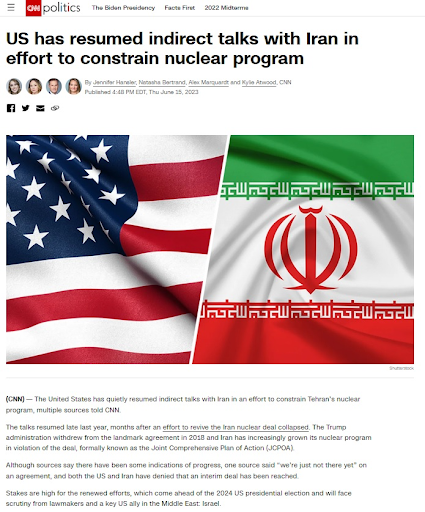
Putin reveals Russia's goals with African countries: We will develop cooperation and work together to solve poverty and food security problems
Russian President Vladimir Putin said that his country seeks to enhance cooperation with Africa, which he described as one of the poles in a crystallized multipolar world, ahead of the start of the Russian-African summit in St. Petersburg tomorrow, Thursday.
In a welcoming speech to the participants in the "Russia-Africa" Economic and Humanitarian Forum, to be held Thursday and Friday, Putin said that cooperation with African countries has reached a new level in recent years.
He added that Russia intends to develop this cooperation to stimulate trade and investment, and work to solve urgent problems in Africa, such as combating poverty, ensuring food security and confronting climate change.
"We will continue to assist African partners in every possible way in strengthening the national and cultural sovereignty of their countries, and developing their participation in resolving regional and international issues," he said.
Putin said that Africa "has become today one of the poles of the crystallized multipolar world," stressing that his country supports the aspirations of African countries towards social and economic stability and progress.
This is the second Russian-African summit after the first held in Sochi in 2019.
In light of the isolation that Western countries have sought to impose on the Russian president since the start of the war in Ukraine in February 2022, lines of communication remained open between Moscow and several parties such as Beijing and Tehran, and Russia has strengthened its presence in Africa over the past years through grain exports, armament deals and energy cooperation.
In a sign of Moscow's growing interest in Africa, Russian Foreign Minister Sergey Lavrov has visited the continent twice since the beginning of the year, seeking to bring the two sides closer in the face of Western "imperialism".
Earlier this week, Kremlin spokesman Dmitry Peskov accused the US, France, and other Western countries of coercing African nations to not attend the Russia–Africa Summit scheduled to take place on July 27-28 in St. Petersburg.
































































